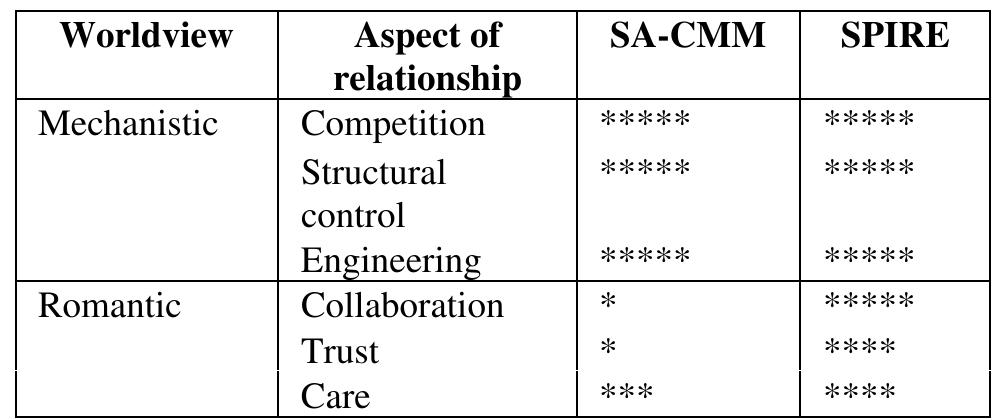Key research themes
1. How do organizational structures influence corporate governance effectiveness and stakeholder accountability?
This research area examines the complex relationship between the design of organizational structures and the efficacy of corporate governance mechanisms. It focuses on how different structural paradigms—such as hierarchical, agile, or self-managed systems—affect authority distribution, transparency, ethical conduct, and accountability to stakeholders. Understanding this link is crucial for aligning governance practices with dynamic business environments and achieving long-term organizational sustainability.
2. What frameworks and mechanisms optimally align IT governance with business objectives to enhance organizational performance?
This theme investigates the intersection of IT governance and enterprise governance, focusing on frameworks, structural processes, and relational mechanisms that enable the alignment of IT strategies with business goals. It addresses the design, implementation, and impact of IT governance frameworks (e.g., COBIT and ITIL) on organizational accountability, efficiency, and value creation, critically comparing theoretical propositions with practitioners’ perspectives.
3. What role does corporate governance play in enhancing organizational performance and stakeholder trust amidst evolving regulatory and sustainability challenges?
This theme explores how corporate governance mechanisms—including board composition, audit committees, regulatory compliance, and sustainability practices—impact firm performance, risk management, and stakeholder trust. It evaluates governance responses to financial scandals, regulatory reforms, and emerging sustainability imperatives, highlighting governance’s evolving role in balancing economic outcomes with ethical responsibility and regulatory adherence.


















